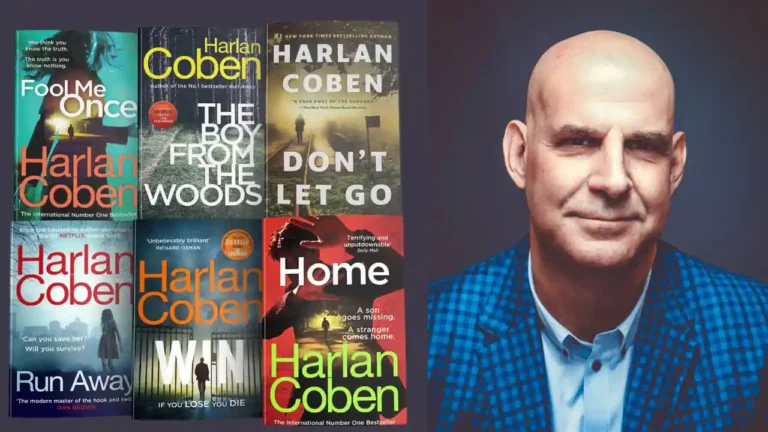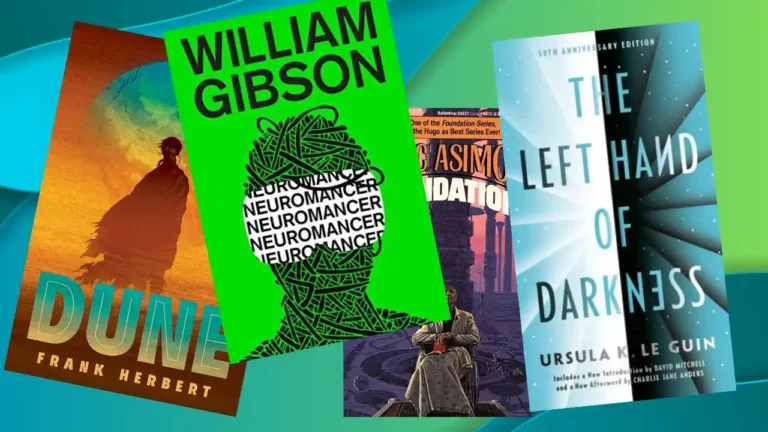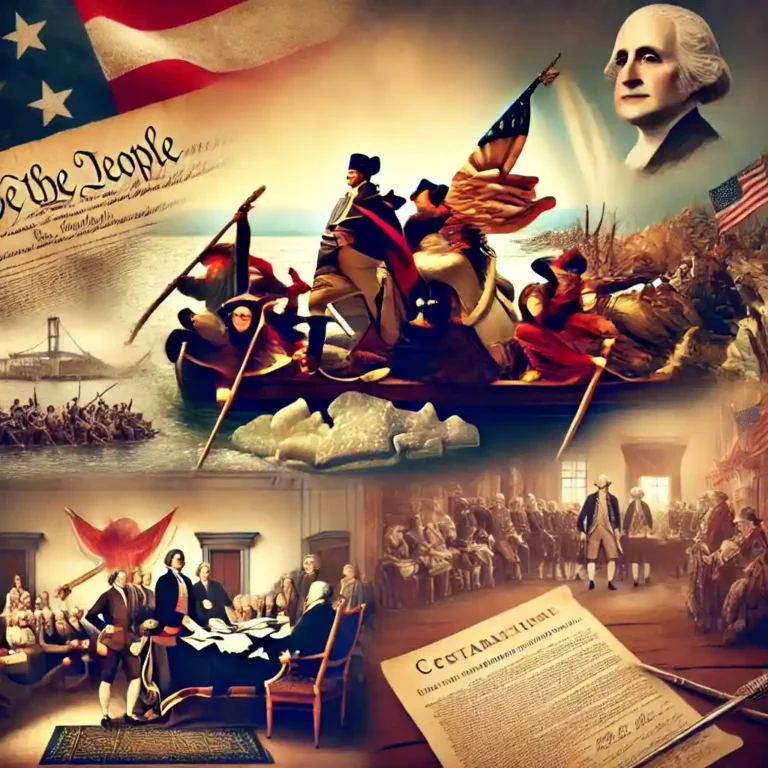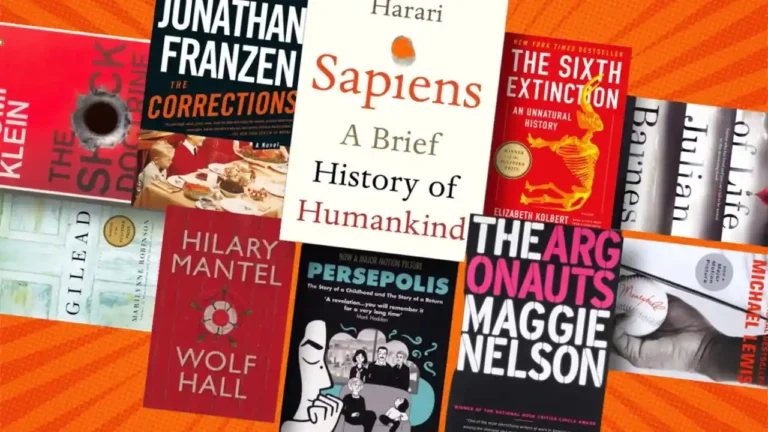The Best C.S. Lewis Books: A Guide to His Greatest Works
C.S. Lewis is one of the most celebrated writers of the 20th century, known for his ability to weave deep philosophical ideas into captivating stories. Whether you are a fan of fantasy, theology, or literary criticism, Lewis offers a wide range of books that appeal to various readers. His works have influenced millions, providing both entertainment and thought-provoking insights into life, faith, and the human condition. In this guide, we explore the best books by C.S. Lewis, highlighting their significance and why they remain timeless classics.
1. The Chronicles of Narnia Series
Perhaps the most well-known of Lewis’s works, The Chronicles of Narnia is a seven-book fantasy series that has captured the imaginations of children and adults alike. Filled with adventure, moral lessons, and deep allegorical themes, the series is a masterpiece of storytelling.
Notable Books in the Series:
- The Lion, the Witch, and the Wardrobe (1950) – The first published book in the series and arguably the most famous. It introduces readers to Narnia, a magical land ruled by the evil White Witch, and Aslan, the noble lion who represents hope and redemption.
- Prince Caspian (1951) – A thrilling story of restoring justice to Narnia after it has been taken over by corrupt rulers.
- The Voyage of the Dawn Treader (1952) – An epic sea voyage filled with adventures, dragons, and lessons about personal growth and faith.
- The Last Battle (1956) – A powerful conclusion to the series, dealing with themes of deception, the end of Narnia, and the ultimate triumph of good over evil.
2. Mere Christianity (1952)
One of Lewis’s most influential theological works, Mere Christianity is a powerful defense of the Christian faith. Originally adapted from radio broadcasts given during World War II, the book explores fundamental Christian beliefs in a logical and accessible way. It appeals to both believers and skeptics, offering rational arguments for faith and moral living.
Key Themes:
- The concept of moral law and universal morality.
- The idea of Christianity as the “true myth.”
- The importance of faith, hope, and love.
3. The Screwtape Letters (1942)
This satirical novel presents a unique take on Christian life by depicting letters from a senior demon, Screwtape, to his apprentice, Wormwood. The book provides a fascinating exploration of human temptation, spiritual warfare, and the nature of sin.
Why It’s a Must-Read:
- Offers deep insights into the struggles of faith.
- Uses humor and wit to present profound theological ideas.
- Encourages self-reflection on personal spiritual challenges.
4. The Great Divorce (1945)
The Great Divorce is an imaginative allegory that explores the concepts of heaven and hell. The book follows a group of souls who take a bus ride from hell to heaven, where they are given a chance to embrace true joy. Through their encounters, Lewis reveals powerful lessons about human pride, choice, and the nature of redemption.
Major Themes:
- The eternal significance of personal choices.
- The nature of joy and how it differs from earthly pleasures.
- The dangers of clinging to selfish desires.
5. The Problem of Pain (1940)
One of the most profound explorations of suffering in Christian theology, The Problem of Pain tackles the difficult question: If God is good, why does He allow suffering? Lewis examines pain from both a philosophical and theological perspective, offering insights into the role of suffering in spiritual growth.
Key Takeaways:
- Suffering has a purpose in shaping human character.
- Free will and love necessitate the existence of pain.
- God’s goodness is not contradictory to human suffering.
6. A Grief Observed (1961)
This deeply personal book chronicles Lewis’s grief following the death of his wife, Joy Davidman. Unlike his other theological works, A Grief Observed is raw and emotional, capturing the struggles of faith in the face of loss. It is a deeply moving exploration of love, loss, and the process of healing.
Why It’s Worth Reading:
- A brutally honest look at the pain of bereavement.
- Offers comfort to those experiencing grief.
- A testament to the complexity of faith in difficult times.
7. Out of the Silent Planet (1938)
The first book in Lewis’s Space Trilogy, Out of the Silent Planet is a fascinating mix of science fiction and Christian allegory. It follows Dr. Ransom, who is kidnapped and taken to the planet Malacandra, where he discovers a society untouched by human sin. This novel sets the stage for deeper explorations of morality, cosmic order, and spiritual truths in the rest of the trilogy.
Why It Stands Out:
- A unique blend of science fiction and theology.
- Thought-provoking insights into the nature of good and evil.
- A thrilling adventure that challenges conventional ideas of space exploration.
8. Perelandra (1943)
The second book in The Space Trilogy, Perelandra is a reimagining of the biblical story of the Garden of Eden. Dr. Ransom is sent to the planet Perelandra (Venus), where he must prevent the fall of a new civilization. The novel is rich with allegory, philosophical debates, and breathtaking descriptions of an unspoiled paradise.
Major Themes:
- The battle between good and evil on a cosmic scale.
- The idea of free will and moral responsibility.
- The beauty of an uncorrupted world.
9. That Hideous Strength (1945)
The final book in The Space Trilogy, That Hideous Strength is a dystopian novel that critiques modern society’s obsession with scientific progress at the cost of morality. The book follows a battle between supernatural forces and a corrupt organization seeking to control humanity.
What Makes It Compelling:
- A chilling warning against unchecked technological advancement.
- Explores themes of power, corruption, and spiritual warfare.
- A gripping blend of science fiction, politics, and theology.
10. The Four Loves (1960)
In this profound exploration of love, Lewis breaks down love into four categories: Affection, Friendship, Eros (romantic love), and Charity (divine love). He provides deep insights into human relationships and the importance of understanding love in its truest forms.
Why It’s a Must-Read:
- Provides clarity on different types of love.
- Offers practical wisdom for relationships.
- Encourages readers to seek deeper connections with others and with God.
Conclusion
C.S. Lewis’s books continue to inspire and challenge readers worldwide. Whether you are drawn to his imaginative fiction, his compelling theological arguments, or his heartfelt personal reflections, Lewis offers something for everyone. His works not only entertain but also invite readers to think deeply about faith, morality, and the human experience. If you haven’t yet explored his writings, there’s no better time to start.
Which of these books have you read? Do you have a favorite? Share your thoughts in the comments below!







